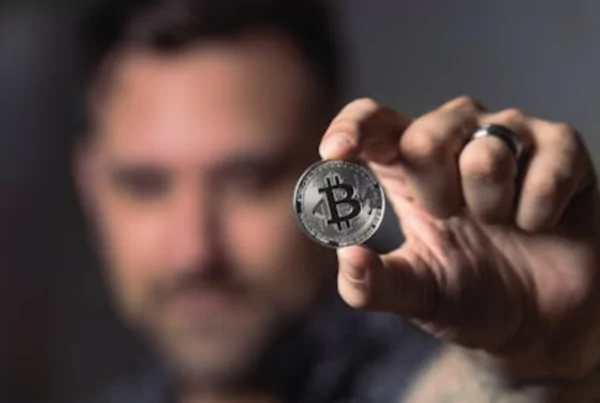
Key takeaways:
- Huobi is preparing to return to the US after voluntarily withdrawing from the market more than two years ago
- According to one of the company’s co-founders, the Chinese company is likely to launch asset management as its first service for US customers
- Huobi’s revenue dropped 30% in 2021 due to Beijing’s crackdown on crypto
Chinese crypto exchange Huobi is re-entering the US market
More than two years after Huobi’s American arm shut down, Chinese cryptocurrency exchange Huobi is now preparing to re-enter the US market with a focus on asset management rather than crypto exchange offering.
Du Jun, Huobi’s co-founder, told CNBC that a token trading offering is not “a necessary element for entering the U.S.” He added that asset management is “a bigger business than exchange,” as it more closely intertwines with traditional markets.
Huobi voluntarily left the US market in 2019 due to poor management and inability to fully comply with regulations. At the time, the company made a commitment to “return in a more integrated and impactful fashion.”
Despite indications of pursuing asset management as the primary service in its return to the US, Du was reluctant to confirm which service the Huobi Group would launch first.
According to data curated by CoinCodex, Huobi Global is one of the ten biggest cryptocurrency trading platforms in the world. In addition to its highly competitive spot offering, Huobi offers a feature-rich derivatives trading platform as well.
Huobi lost 30% of its revenue due to Beijing’s crackdown on crypto
Last year, the Chinese-founded crypto company suffered a massive blow to its bottom line when Beijing officials effectively made crypto trading illegal within Chinese borders. Huobi was quick to comply with new regulations and retired all China-based accounts by the end of 2021.
According to Du, the company suffered a 30% decline in its revenue as a result of losing its Chinese user base. The swift change in the regulatory landscape reportedly compelled Huobi to pursue expansion to new markets, including the US and Europe.
Although Huobi was gravely affected by China’s clampdown on the crypto industry, Du commended Chinese authorities for their actions and essentially said that the government did the right thing by outlawing crypto trading. Du went on to explain that Chinese investors are “less mature” than their Western counterparts and that the officials had to protect small investors in the country.
Cryptocurrency regulation has been a hot topic ever since crypto went mainstream. While countries like India, China, and Russia are pursuing a strict regulatory regime for crypto, the US and European countries, in general, have so far been reluctant to enact sweeping regulatory changes.



